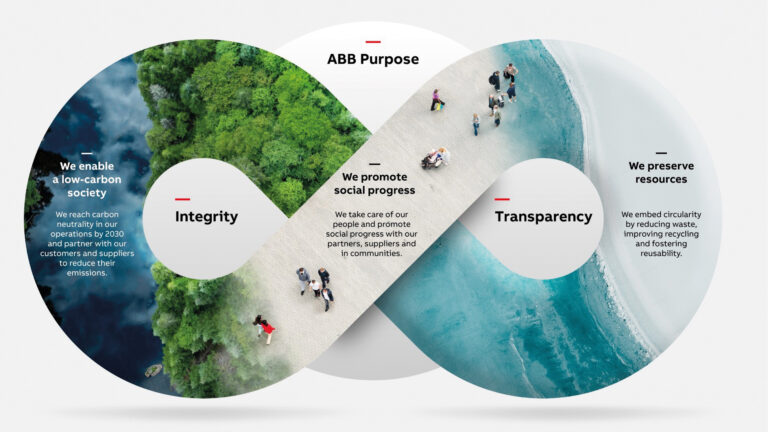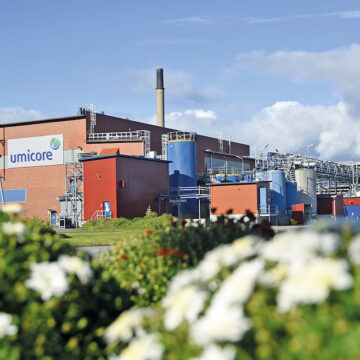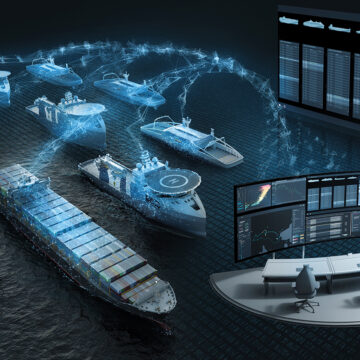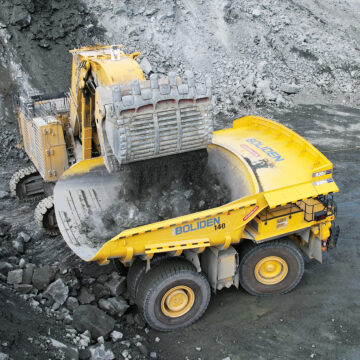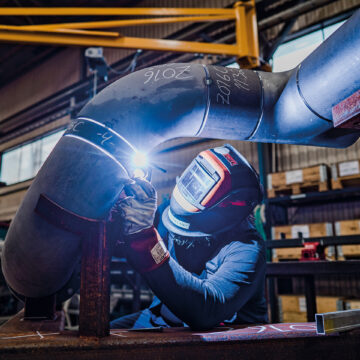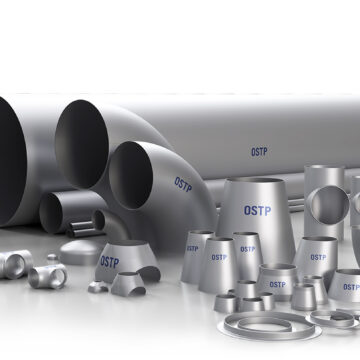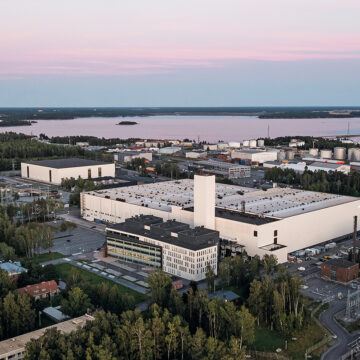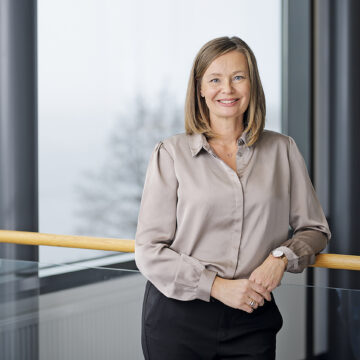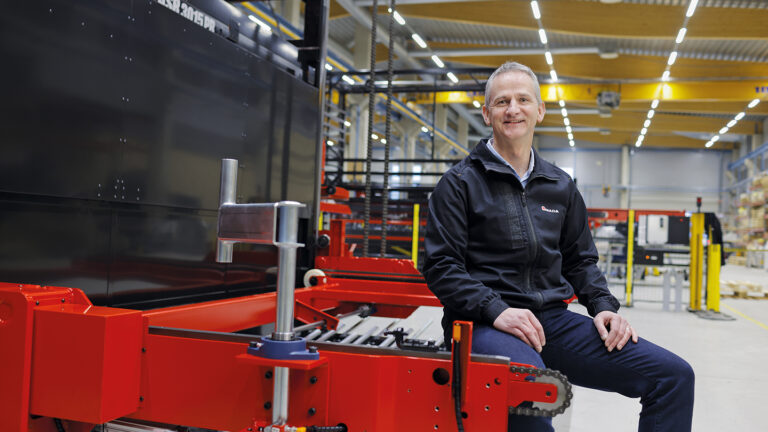
For AMADA Automation Europe, profit is not a mission, it is about survival
Corporate responsibility and ESG issues are a hot topic in the corporate world. For AMADA Automation Europe, a company developing and producing sheet metal handling systems, these issues are not new or revolutionary, but rather something that has been part of the company culture for a very long time.
“We’ve always believed that a company’s mission should be much bigger than simply making a profit, which in itself is more a question of survival”, states CEO Greg Seymour.
Obviously, a company cannot survive in the long-term without being profitable. But beyond that, a company should, where possible, take the opportunity to contribute positively to the local and global community, Greg Seymour believes. According to him, taking ESG issues seriously comes with clear benefits.
“If for example, our employees feel motivated and secure, they will perform to the best of their ability and sick leave will typically be less than otherwise. I’m also sure that our very low staff turnover is a positive reflection of our company culture. In addition, I believe that the better our local community is doing, the better we as a company will do. It’s therefore also crucial for us to develop positive relations with our local suppliers.”
Greg Seymour points out that it is a case of trying to balance all three aspects of ESG – environmental, social and governance. If one leg is prioritised too much, the others will invariably suffer.
But what if there are conflicting interests? What if, for example, a supplier cannot meet economic demands?
“In that case, we sit down and talk things through to try to find a solution. According to our philosophy, both parties should be satisfied, because we believe in mutually beneficial relationships. In other words, our success should not come at the expense of somebody else, whether we are talking about suppliers, employees, or future generations.”
A couple of years ago, AMADA Automation Europe was fully acquired by Japanese company AMADA Holdings.
“There might be fear when a company is acquired. However, in our case, we joined a global group that shares our values. Actually, I think one reason the acquisition went so smoothly is that our values and beliefs are so well aligned”, Seymour says.
AMADA Automation Europe is currently investing and expanding its facilities, with the aim of doubling its capacity. Is it harder to maintain a great work culture in a bigger company?
“In a way it is, but it is certainly possible. If the culture is firmly rooted in the people rather than just pushed from the management, it becomes more genuine and stable.”

